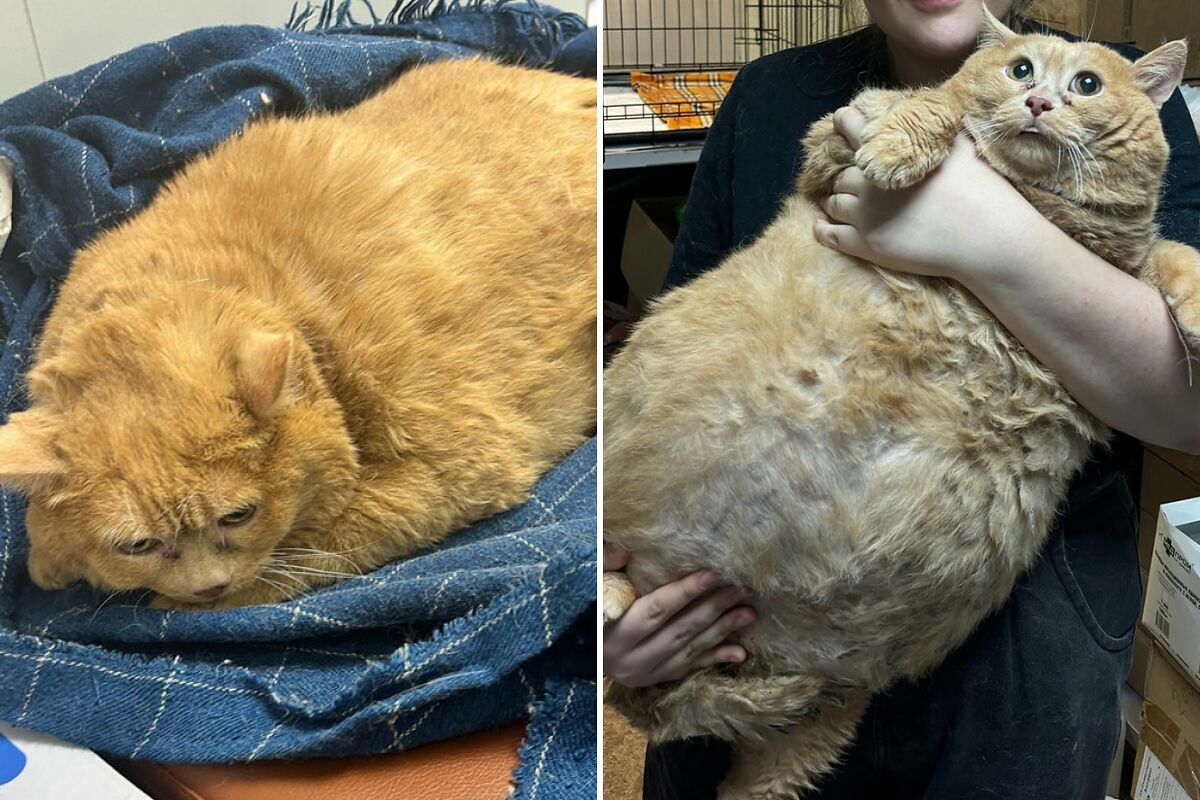
Giant Cat “Crumb” That Weighs Nearly 40 lb Was Rescued From Russian Basement, Sparks Anger
An obese cat, weighing as much as a child, was rescued from the basement of a Russian hospital last week.
Kroshik—which translates to “Crumbs”—weighed 17 kg (38 pounds) when he was found in Perm.
The large feline’s diet consisted of crackers, soup, and meat.
It is believed Kroshik was abandoned by his former owners.
He was taken to the city’s Matroskin Center. The shelter said that Kroshik was so overweight that he was unable to walk.
- An obese cat, weighing 38 pounds, was rescued from a Russian hospital basement.
- Kroshik was so overweight that he couldn't walk, and vets struggled to perform an ultrasound.
- Matroskin Center is rehabilitating Kroshik with a rigorous exercise and diet plan, including hydrotherapy and kinesiotherapy.
Vets struggled to perform an ultrasound scan on the stray cat because the thick layer of fat on his body obstructed the sensor’s view.
An overfed cat weighing 17 kg (38 pounds) was found in the basement of a hospital in Perm, Russia
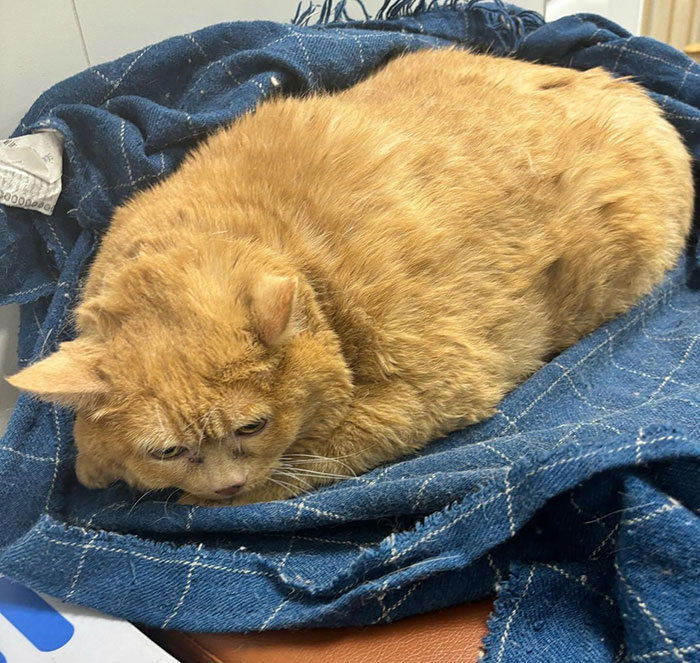
Image credits: matroskin_prm
“Kroshik’s story is an extremely rare case when someone loved a cat so much that they fattened him to such a state that the cat cannot even move,”rescuers wrote on Instagram along with a picture of the feline on August 30.
“Kroshik was struck by strong love, which did not allow him to live a normal life.”
In the post, the Matroskin Center announced that it housed the cat at a rehabilitation center, where he is undergoing physical exercises and being put on a strict diet to get back to a healthy weight.
The feline, named Kroshik, was fed crackers, soup, and meat by well-meaning workers after being abandoned by his owners
Image credits: matroskin_prm
According toPetMD, domestic cats should weigh between 3.5 and 5 kg (8-12 pounds).
One exception is the Maine Coon, a large breed that may have a healthy weight of up to 9 kg (20 pounds).
Carrying excess weight makes cats much more likely to develop diabetes, urinary disease, and arthritis and to have a decreased life expectancy, the pet health site explains.
Age affects afeline’s weight gain. As they grow older, most cats put on excess pounds due to their changing metabolism and a more sedentary lifestyle. Therefore, it’s important to consult your veterinarian to ensure your cat maintains a healthy weight.
Image credits: matroskin_prm
Last Friday (September 6), the Matroskin Centershared a video of Kroshik walking on a water treadmill.
Thecenter said the ginger cat is “learning to walk again,” and he will have a “long and thorough” recovery.
The program includes hydrotherapy and kinesiotherapy 3-4 times a week. Thanks to these exercises, Kroshik is expected to lose 70 to 150 grams weekly.
The complete rehabilitation will cost the shelter 30,000 rubles ($330). On social media, they are asking for donations from anyone who can contribute to Kroshik’s recovery.
“We will be sure to share his recovery success. The baby will definitely come back to life!” they wrote.
Kroshik was taken to a rehabilitation center, where he was put on a strict diet and is “learning to walk again” on a water treadmill
Image credits: matroskin_prm
People were thrilled to learn about Kroshik slowly regaining the use of his legs.
“What a good-looking little fella! I believe in his success and transfer help,” an Instagram user wrote.
“He is in good hands, finally. Sending hugs and love to his rescue team and to him,” somebody else said.
A third added: “Poor cat, how good it was to be saved from imminent death in the basement; he is completely defenseless in such a state; quick rehabilitation to Kroshik!”
Image credits: matroskin_prm
Kroshik’s story is a reminder of the health risks of overfeeding pets. In January, a two-year-old obese cat named Frostywas adopted by a Virginia woman who runs a pet-sitting business.
Frosty, who weighed 28.5 pounds (13 kg), was brought to the Richmond Animal Care and Control shelter after he was found in the street.
“We put him on a strict low-calorie diet, and he wasn’t too happy about that,” shelter director Christie Peters told theWashington Post.
“Because he was cranky, we just kept telling him he’ll feel a lot better when he loses weight.”
“We will be sure to share his recovery success. The baby will definitely come back to life!” wrote the Matroskin Center
Image credits: matroskin_prm
In 2020, another cat weighing over 35 pounds (16 kg) was taken to ashelter after his owner, who had dementia, passed away.
After being adopted by his new family,Bazooka—renamed King Augustus—began losing weight, and he was soon able to climb the stairs of the house.
Kroshik’s recovery will be “long and thorough,” the center said
View this post on Instagram
To keep your cat at a healthy weight, measure out and provide specific meals.
Your fur baby should get everything they need from a 100% complete and balancedcat food, but some human foods are safe, according toPurina UK. These include cooked meat (beef, turkey, chicken) and cooked and deboned fish (like tuna).
It is also recommended to have 20-minute play sessions with them a few times a day.
Lastly, give your pet treats in moderation. Even if your cat loves them and you think they deserve them, treats are usually not nutritionally complete and balanced and can quickly add up in extra calories.
“Hope he finds a good home and is back in shape quickly!” a Facebook user wrote

Feeding an animal to this point is not love, it's abuse. As pointed out in the comments, pets should not eat human food, even as a treat. In addition to the poor nutritional value that results in obesity, human food has spices and seasonings including garlic and onion, which are toxic to pets. Please do not feed your pet people food. If you truly love them, feed them a proper pet diet in the correct amounts!
My cat gets some human food, but on the occasional times he does, it's completely unseasoned, and no more than the teensiest nibble or two. Even a years worth isn't even to consist of a full cat sized meal. He insists on smelling everything I eat, even 99% he doesn't want.
Feeding an animal to this point is not love, it's abuse. As pointed out in the comments, pets should not eat human food, even as a treat. In addition to the poor nutritional value that results in obesity, human food has spices and seasonings including garlic and onion, which are toxic to pets. Please do not feed your pet people food. If you truly love them, feed them a proper pet diet in the correct amounts!
My cat gets some human food, but on the occasional times he does, it's completely unseasoned, and no more than the teensiest nibble or two. Even a years worth isn't even to consist of a full cat sized meal. He insists on smelling everything I eat, even 99% he doesn't want.

 Dark Mode
Dark Mode 

 No fees, cancel anytime
No fees, cancel anytime 



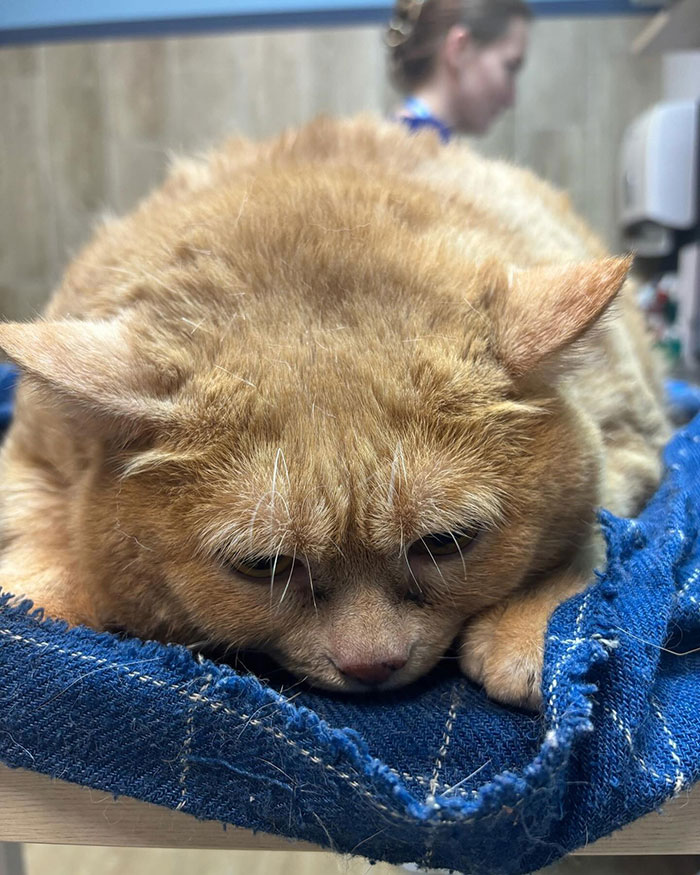
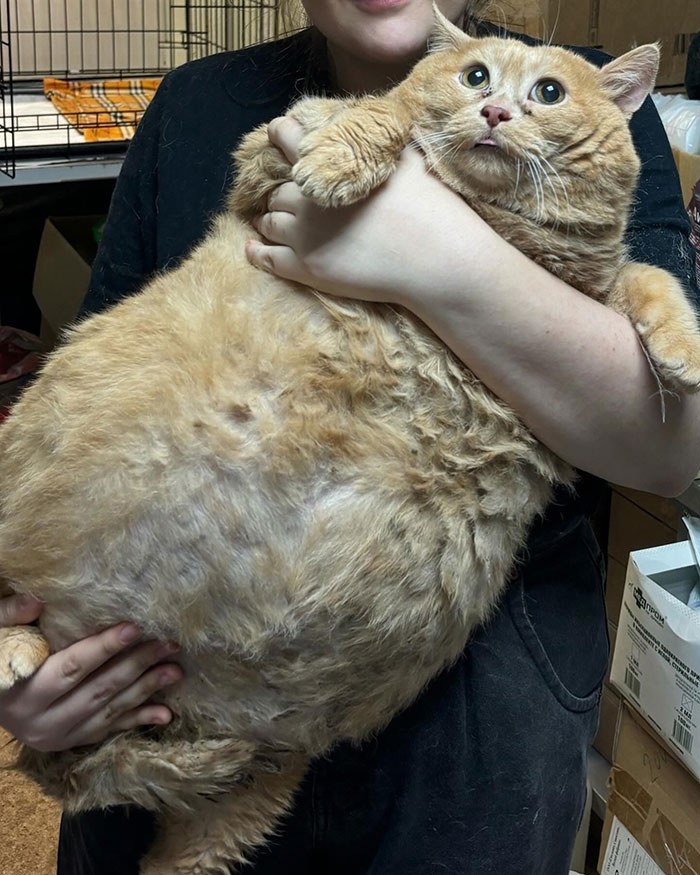
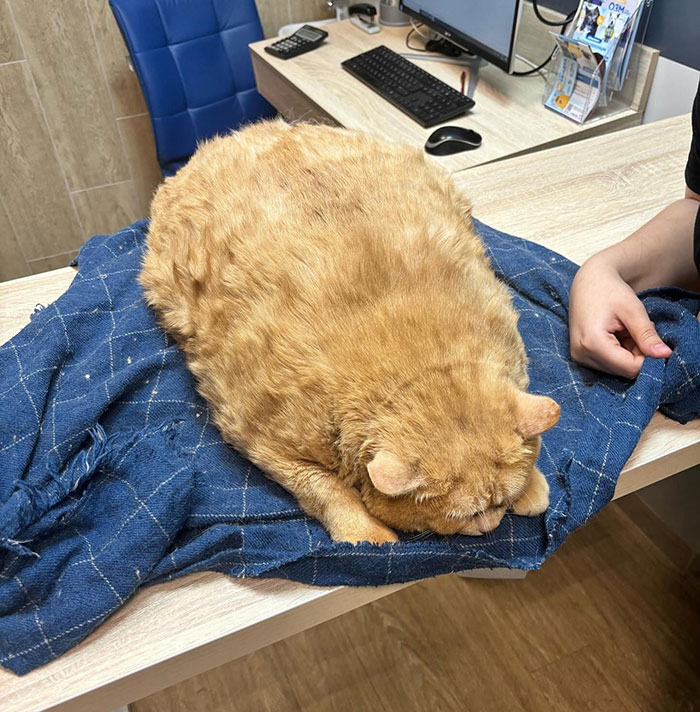
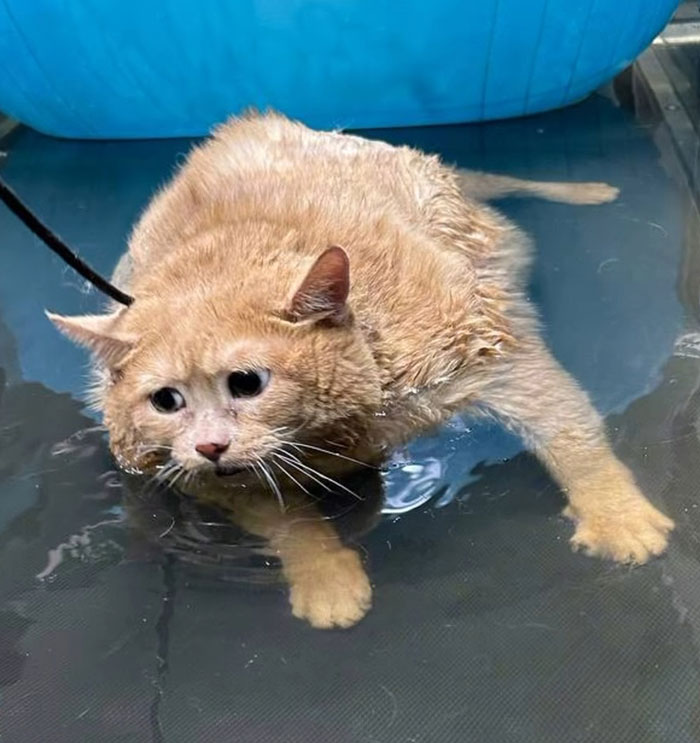
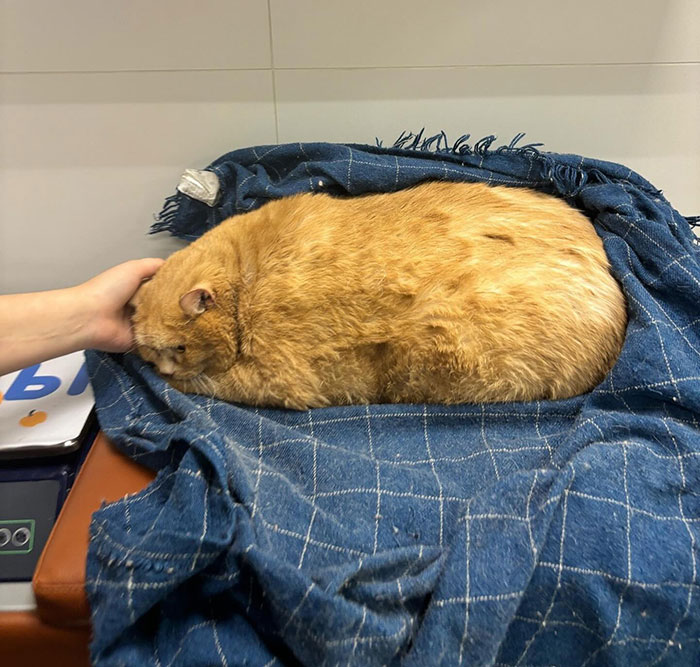

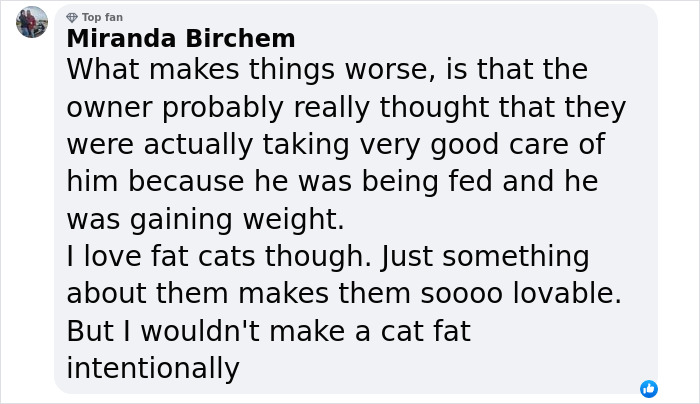



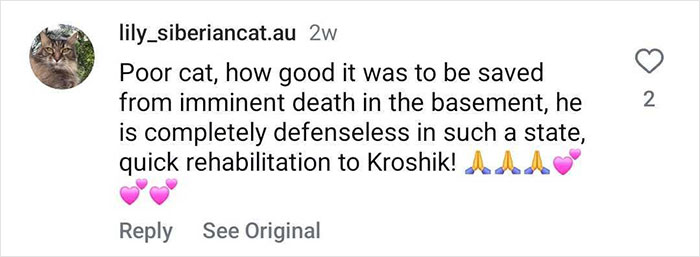












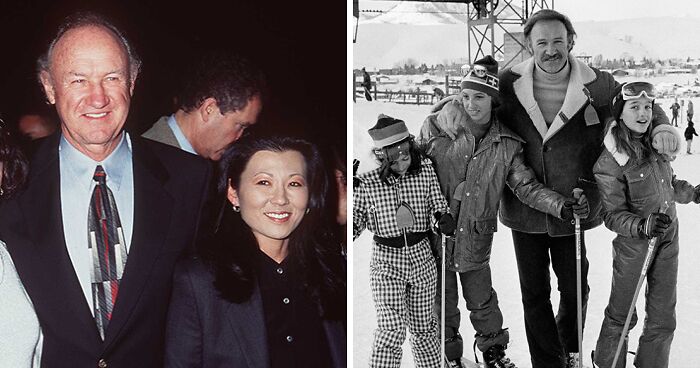














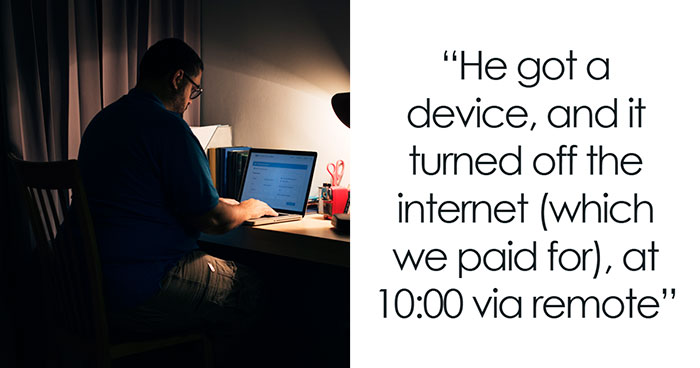
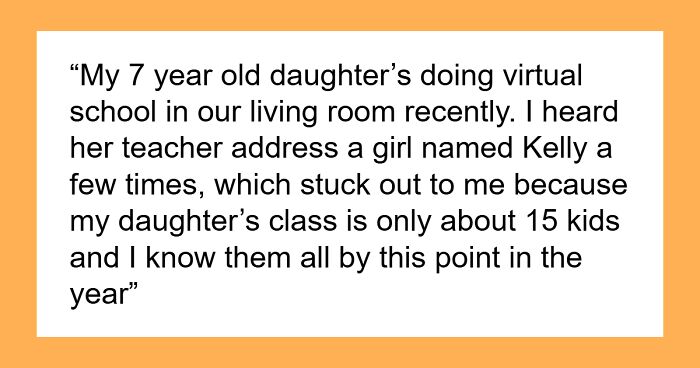


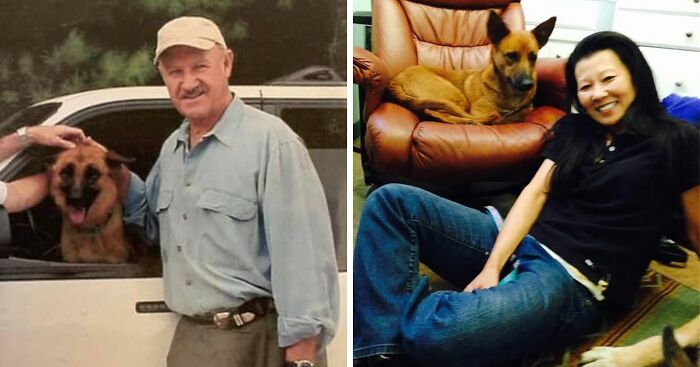


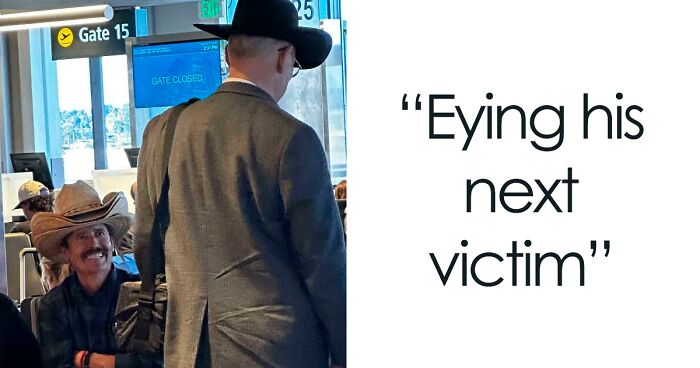


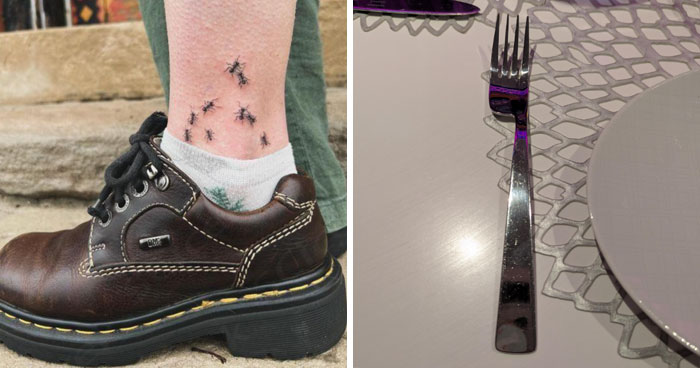

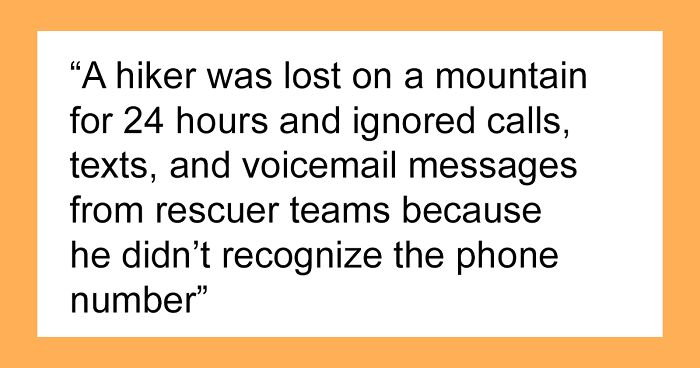



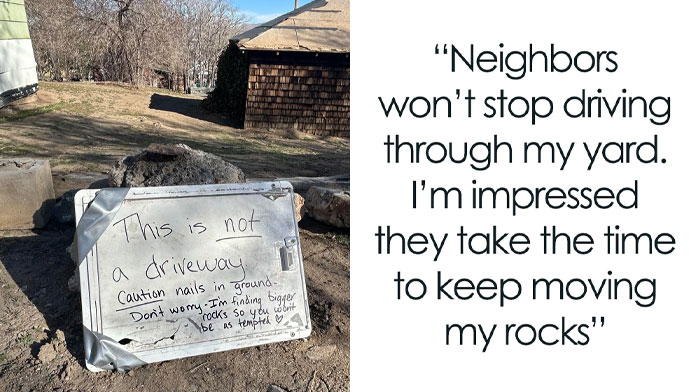



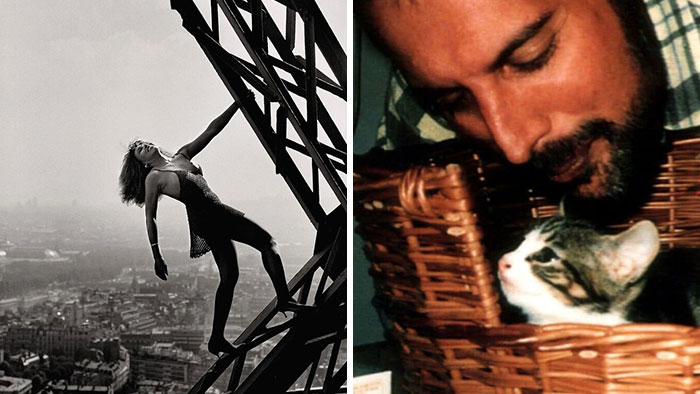


40
6